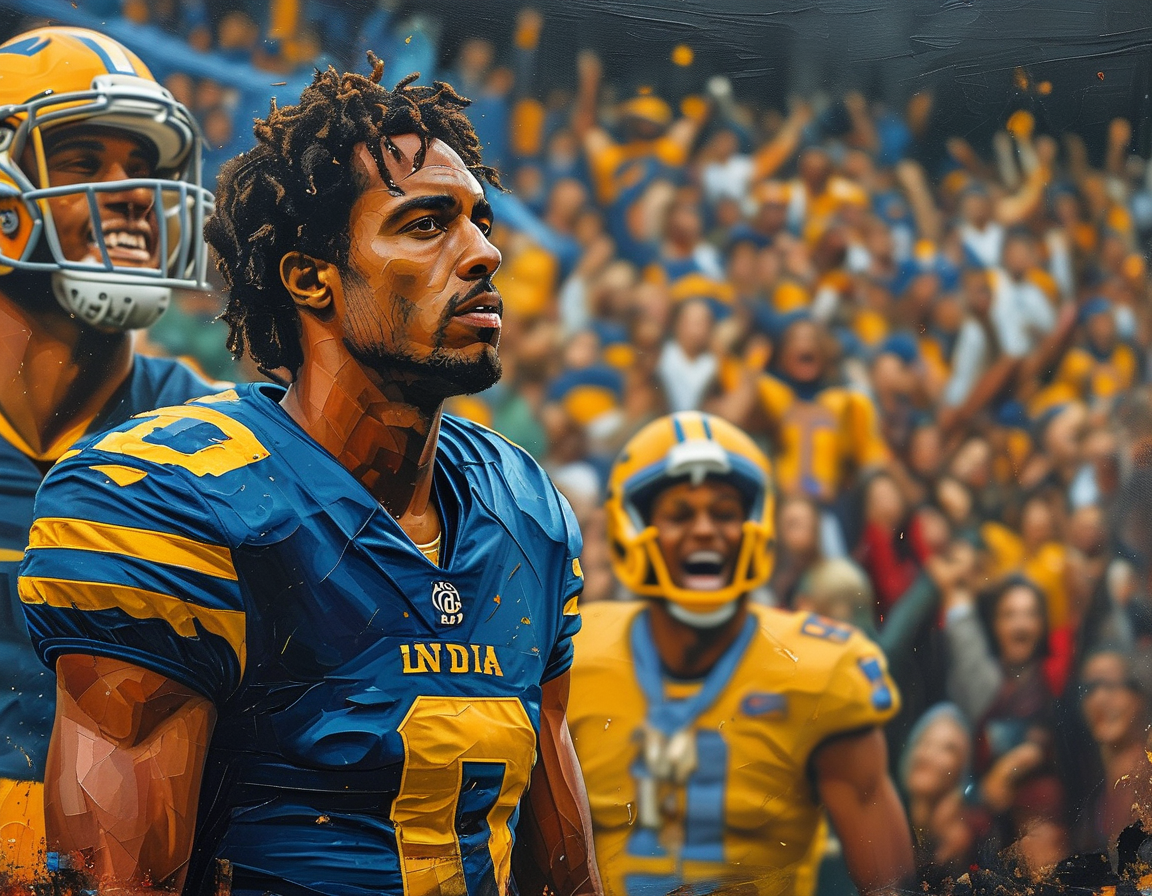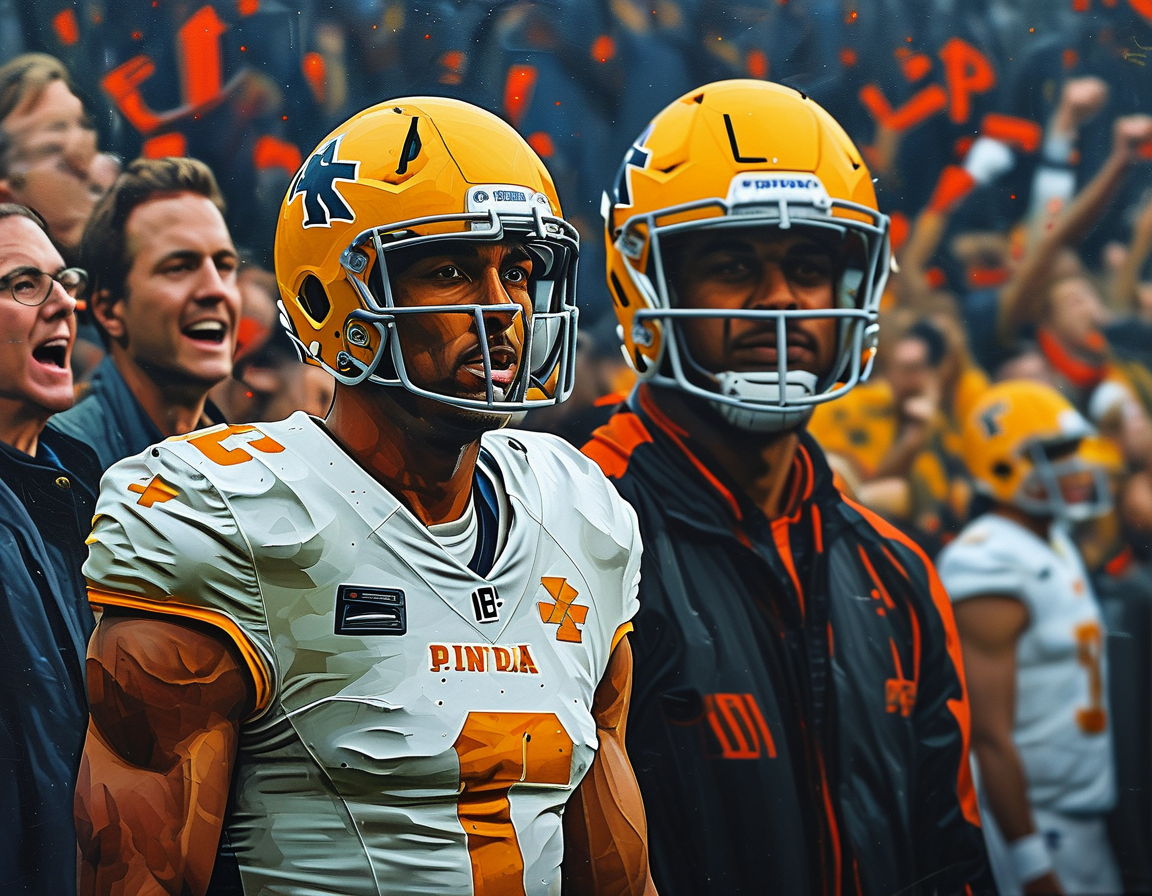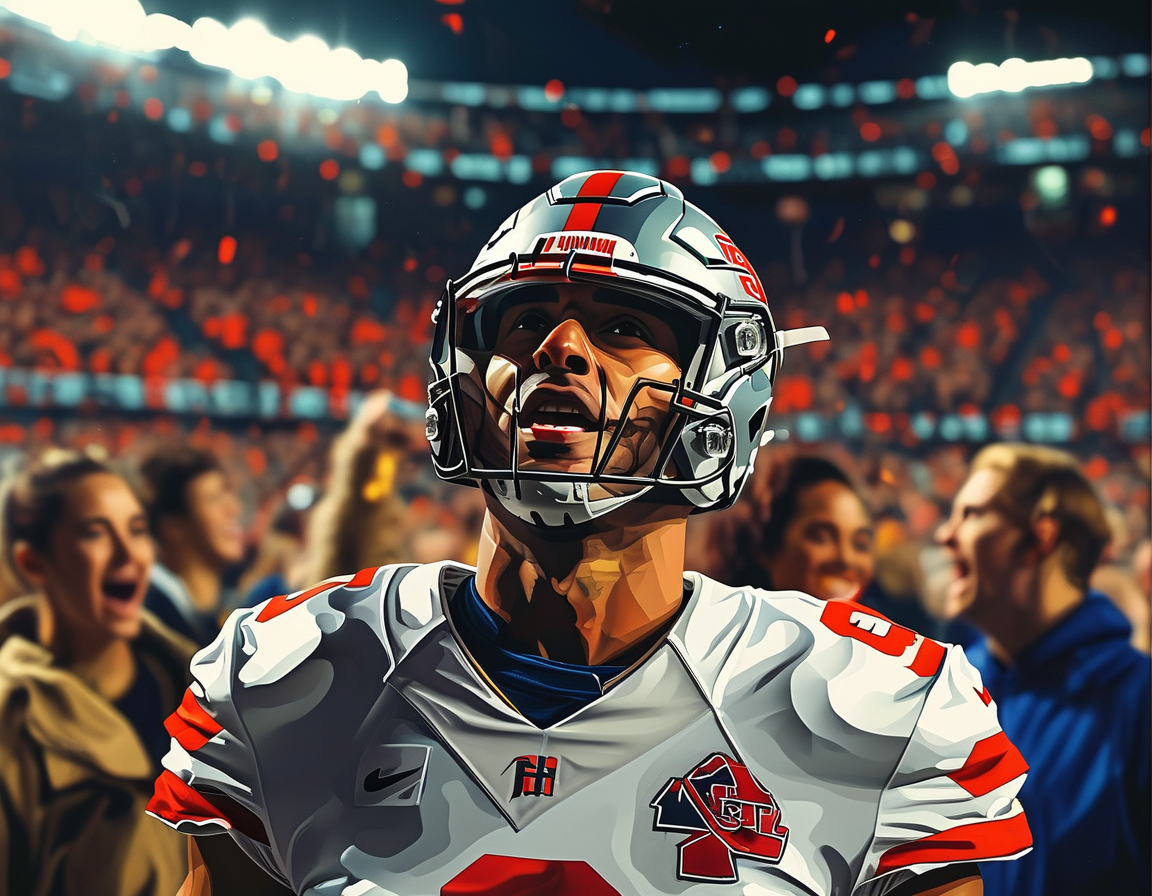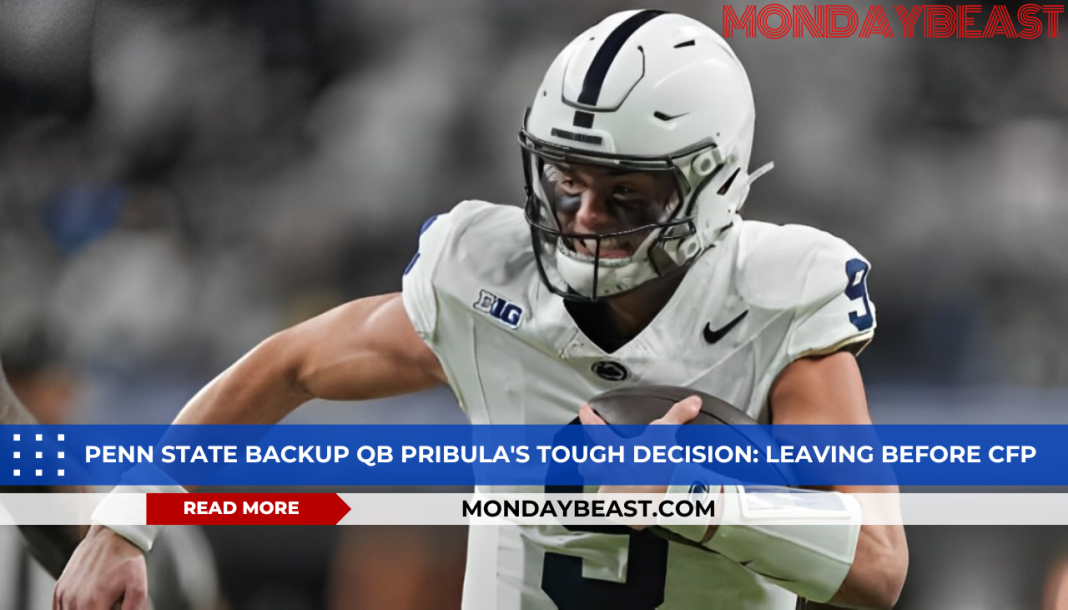The Dilemma of Timing
Beau Pribula’s decision to enter the transfer portal is more than just a personal choice. It shines a light on the clash between the College Football Playoff (CFP) schedule and the transfer portal timeline. For many athletes, the NCAA system can feel restrictive, forcing them into tough spots. With Pribula set to leave just before a significant game against SMU, one can only wonder—what drives such a choice?
Pribula’s situation resonates with student-athletes everywhere. They balance academics, sports, and personal ambitions. The overlapping timelines complicate what should be a straightforward process. For someone like Pribula, who contributed significantly this season, it’s a heartbreaking choice. He expressed the weight of that decision on social media, a reminder that athletes are not just players; they are people with emotions and families.

It’s worth pondering—what does it mean for a player to step back just before a big game? Many fans might point at the financial aspect or career prospects. However, there’s more at stake. Loyalty, camaraderie, and the love for the game play a crucial role. Leaving a team that has relied on you is no trivial matter.
Pribula’s Performance in Context
This season has been a rollercoaster for Pribula. While he was the backup to Drew Allar, he emerged as a vital part of the Penn State offense. Tying for second in rushing touchdowns and showcasing his passing ability, he made a strong case for his skillset. Completing 26 out of 35 passes with five touchdowns, he proved he is more than just a backup.
His notable performance came during an October game against Wisconsin. Stepping up after Allar was injured, Pribula seized the moment, throwing for a touchdown and adding running yards. Such performances form bonds with teammates and give a player a sense of place on a team. Leaving now feels like severing those ties.

Framed within the broader context of college football, a shift in team dynamics becomes evident. While Pribula plans to seek opportunities elsewhere, he leaves potential leadership behind. Emotions run high in these scenarios. Will his departure impact team morale? Time will tell.
A Changing Landscape: The Transfer Portal
The transfer portal isn’t new, yet its implications are staggering. With many players entering before important games, what does it reveal about the modern athletic landscape? Once a player chooses to leave, especially at a time when games matter the most, it raises concerns about the loyalty and stability of college programs.
Pribula certainly isn’t alone in this. Other quarterbacks like Maalik Murphy also made headlines after opting to leave their teams ahead of critical matchups. It creates questions—are athletes prioritizing personal goals over team success?

The reality is complex. For many, entering the portal prompts mixed feelings. It signifies both an end and a beginning. The emotional weight delves deep into a player’s psyche as they contemplate their future. It’s a difficult crossroads, fraught with uncertainty.
Looking Ahead for Penn State
As Penn State prepares for its matchup against SMU, the absence of Pribula raises questions. Who will step up? Freshman Ethan Grunkemeyer may find himself in the spotlight. How will this shift impact team dynamics and morale? The coaching staff is left to navigate a landscape unexpectedly changed.
In the fast-paced world of college sports, adaptability is essential. The team’s focus now shifts to the game itself, but there’s a lingering feeling of uncertainty. The emotional threads woven through a season run deep—and each tug reveals a multi-layered reality of loyalty and ambition.
A Broader Reflection on NCAA Policies
Ultimately, Pribula’s departure serves as a symbolic reflection on NCAA policies. Do the rules designed to protect student-athletes truly serve their best interests? Burdened by the timing of events, athletes find themselves stretching thin, needing to make near-impossible choices. Is it time for a reevaluation of these structures?
Fans and commentators alike will debate this moving forward. They might ask if current policies allow for the growth of young athletes or if they create a hostile environment. In these moments of reflection, it is clear that the NCAA system requires scrutiny and perhaps change.
Pribula’s journey will resonate beyond the sports pages. It’s a personal story unfolding in a broader narrative about choice, ambition, and the meaning of commitment in high-stakes environments. As the upcoming game approaches, all eyes will be on the field—and on the choices athletes make off of it.




